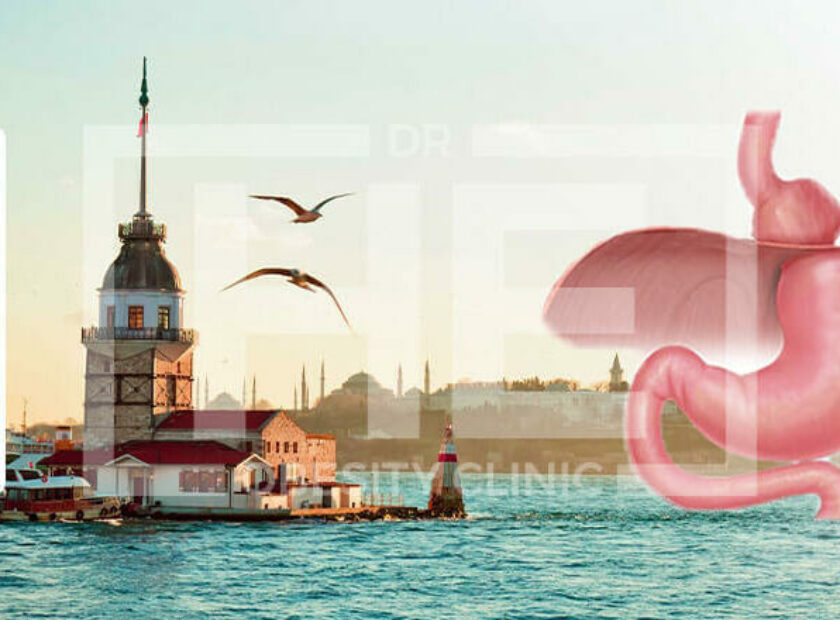
Hernia Surgery Abroad, Hernia is a medical condition in which an internal organ or tissue protrudes through a weakened area in the abdominal muscles. Hernia surgery is a common procedure that aims to repair the weakened muscle and prevent further complications. Although the procedure is straightforward, it can be expensive, and waiting times can be long in some countries. Therefore, many people consider hernia surgery abroad as an option.
Medical Tourism for Hernia Surgery
Medical tourism is travelling to another country for the medical treatments. Medical tourism often involves seeking medical treatment that is more affordable or easily accessible compared to the patient’s home country. Hernia surgery is a common procedure that is frequently offered in countries like India, Thailand, and Mexico. Medical tourism for hernia surgery can be a viable option for patients who are willing to travel and research their options thoroughly.
- Risks and Considerations
There are risks and considerations associated with traveling abroad for hernia surgery. Prior to traveling for medical treatment, patients should evaluate the quality of care and the credentials of the surgeon conducting the procedure. They should also consider the potential complications that can arise from traveling, such as post-operative infections or other health issues. Additionally, they should research the healthcare system in the country they are traveling to, as well as the availability of follow-up care.
- Preparation for Surgery Abroad
Patients who decide to undergo hernia surgery abroad should prepare themselves thoroughly. They should research the hospital or clinic where the procedure will be performed, as well as the qualifications of the surgeon. Patients must ensure they have essential documents, including passports and medical records, and make suitable arrangements for transportation and lodging. Additionally, they should consult with their doctor to ensure that they are healthy enough to travel and undergo the procedure.
- Follow-up Care
Follow-up care is an essential aspect of any medical procedure, and patients who undergo hernia surgery abroad should plan for it accordingly. Patients should communicate with their surgeon and arrange for follow-up care before they leave the country where the procedure was performed. They should also make sure that they have access to any necessary medications or medical equipment they may need. Additionally, they should inform their primary care physician in their home country of the procedure and provide them with any relevant medical records.
- Recovery and Rehabilitation
Recovery and rehabilitation are important aspects of hernia surgery, regardless of whether the procedure is performed domestically or abroad. Patients should be aware of the expected recovery time and plan accordingly. They should avoid strenuous activity, heavy lifting, and driving for a specified period after the procedure. Patients should also follow any post-operative instructions provided by their surgeon, such as taking prescribed medications and wearing compression garments. Rehabilitation exercises, such as gentle walking and stretching, can help patients regain their strength and mobility.
- Insurance and Legal Considerations
Patients considering hernia surgery abroad should be aware of the insurance and legal considerations associated with the procedure. Most insurance policies do not cover medical tourism, so patients should be prepared to pay for the procedure out of pocket. Additionally, patients should research the laws and regulations regarding medical tourism in the country they are traveling to, as well as their own country. Patients should also be aware of the potential risks associated with medical tourism and should make informed decisions based on their own health and circumstances.



